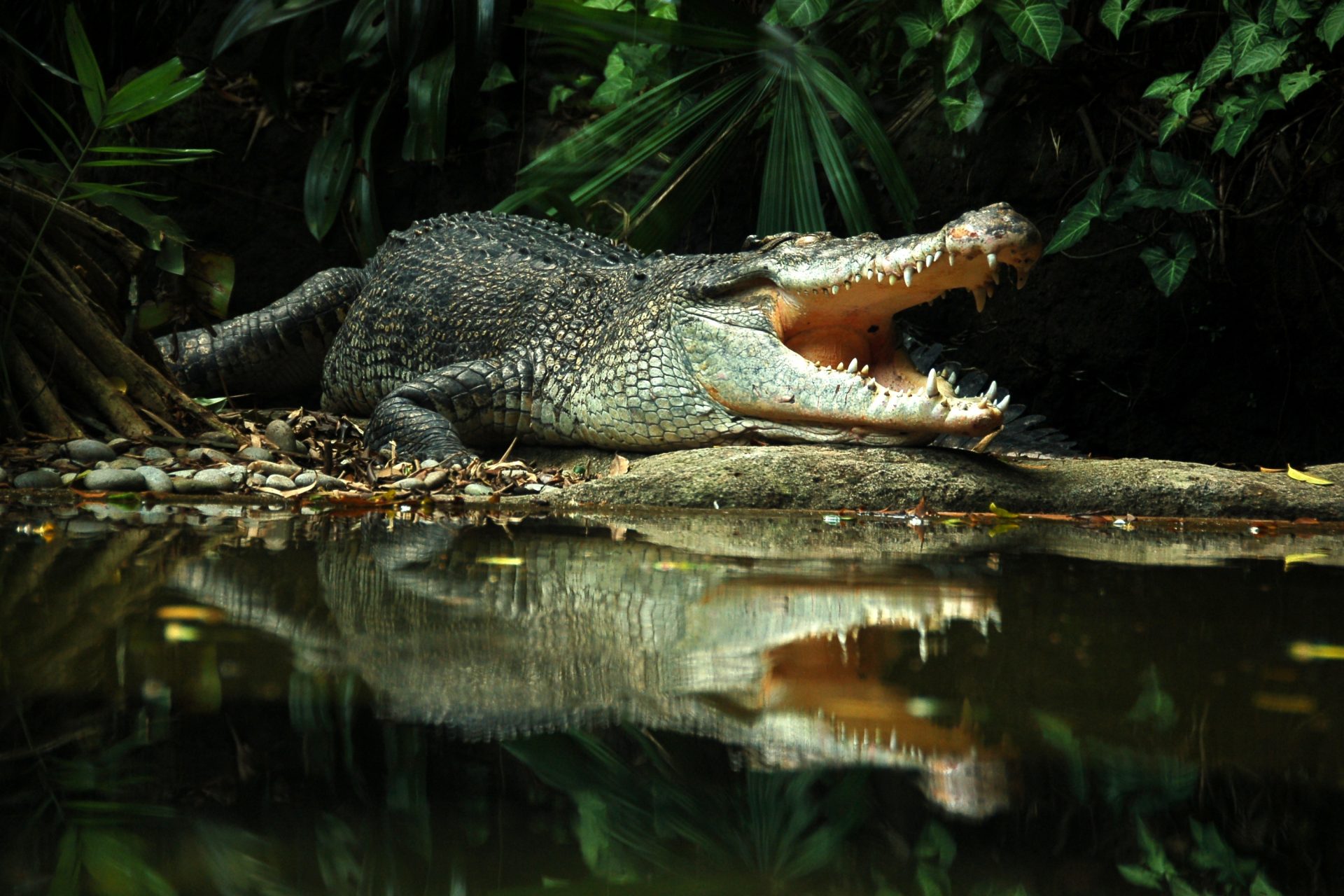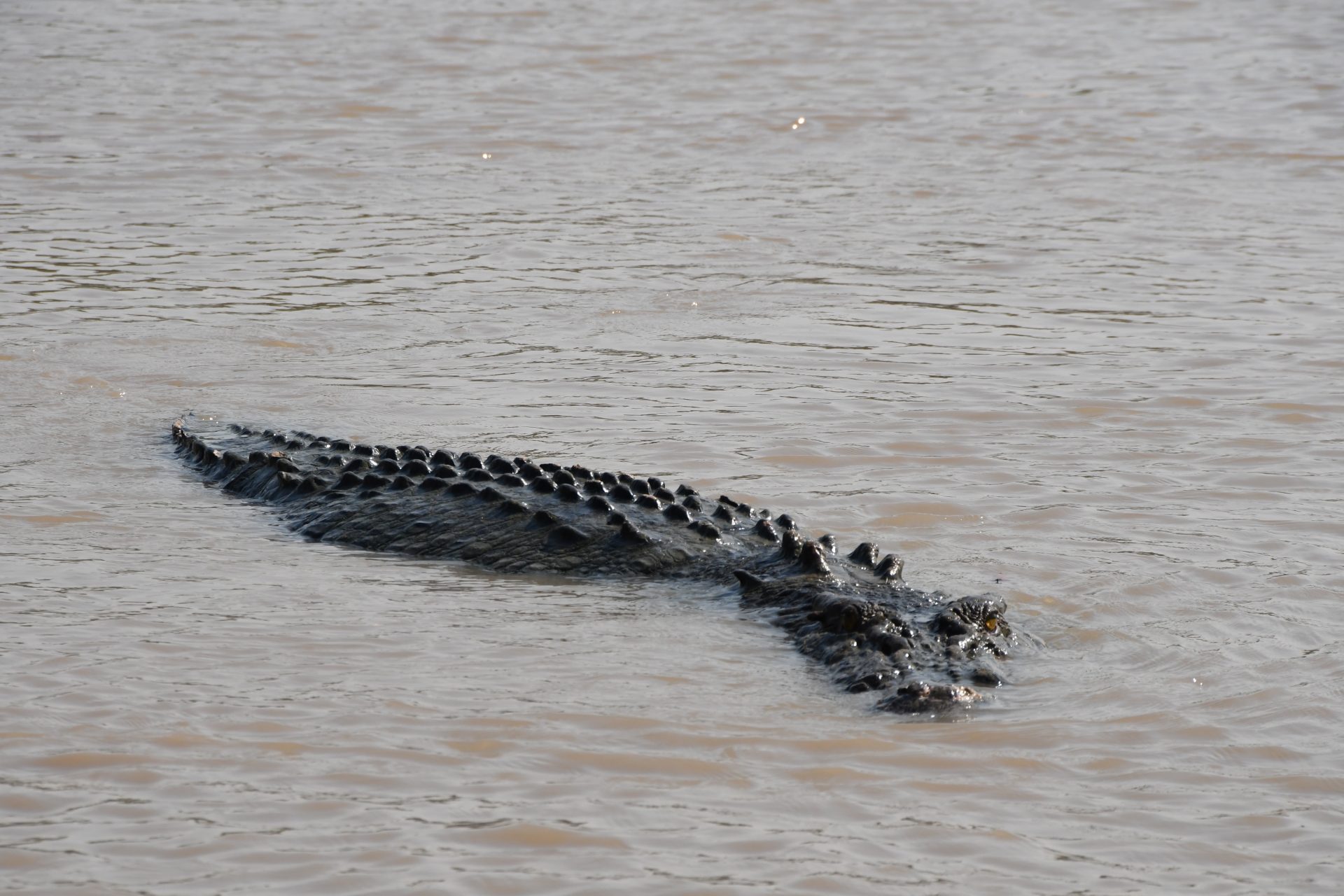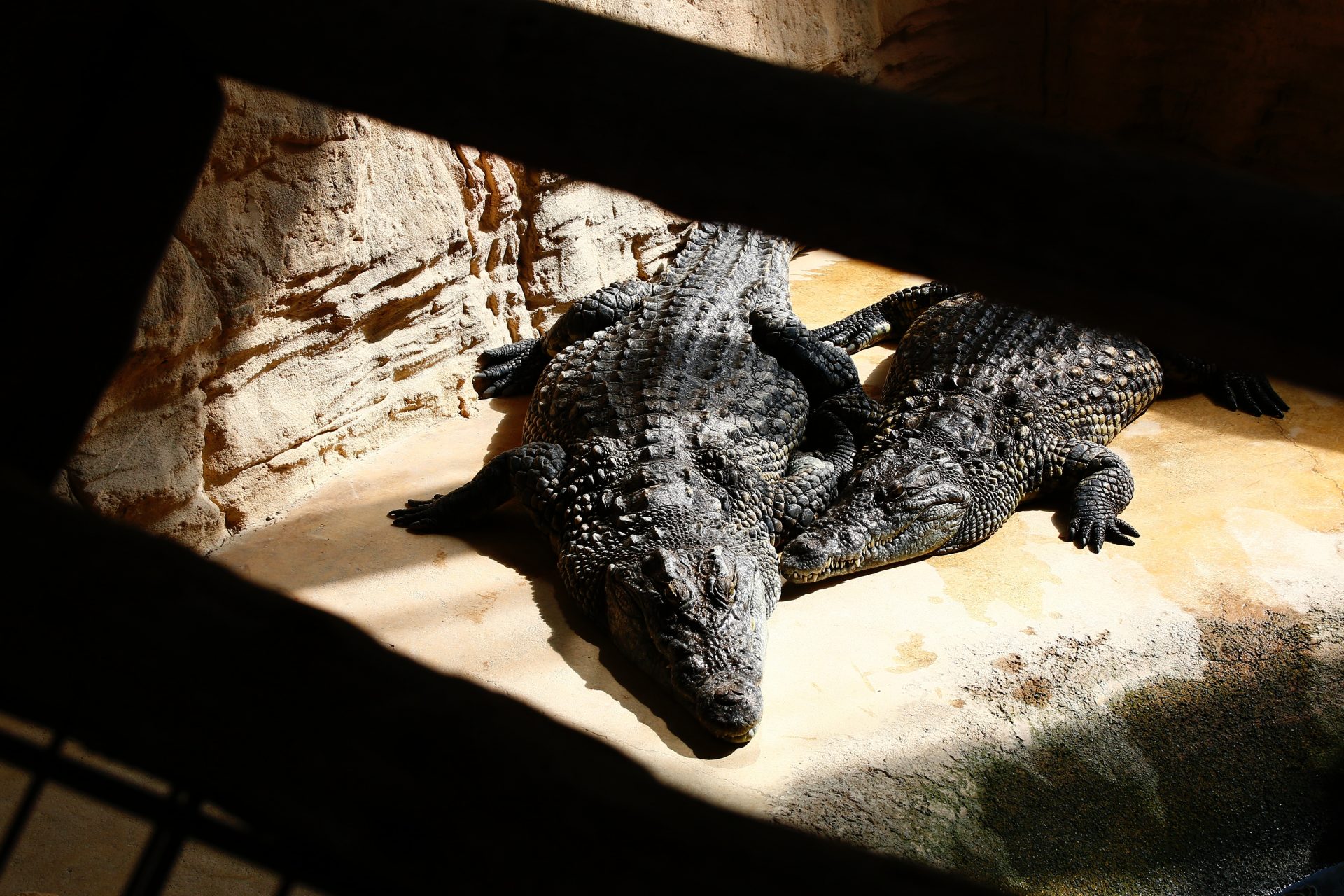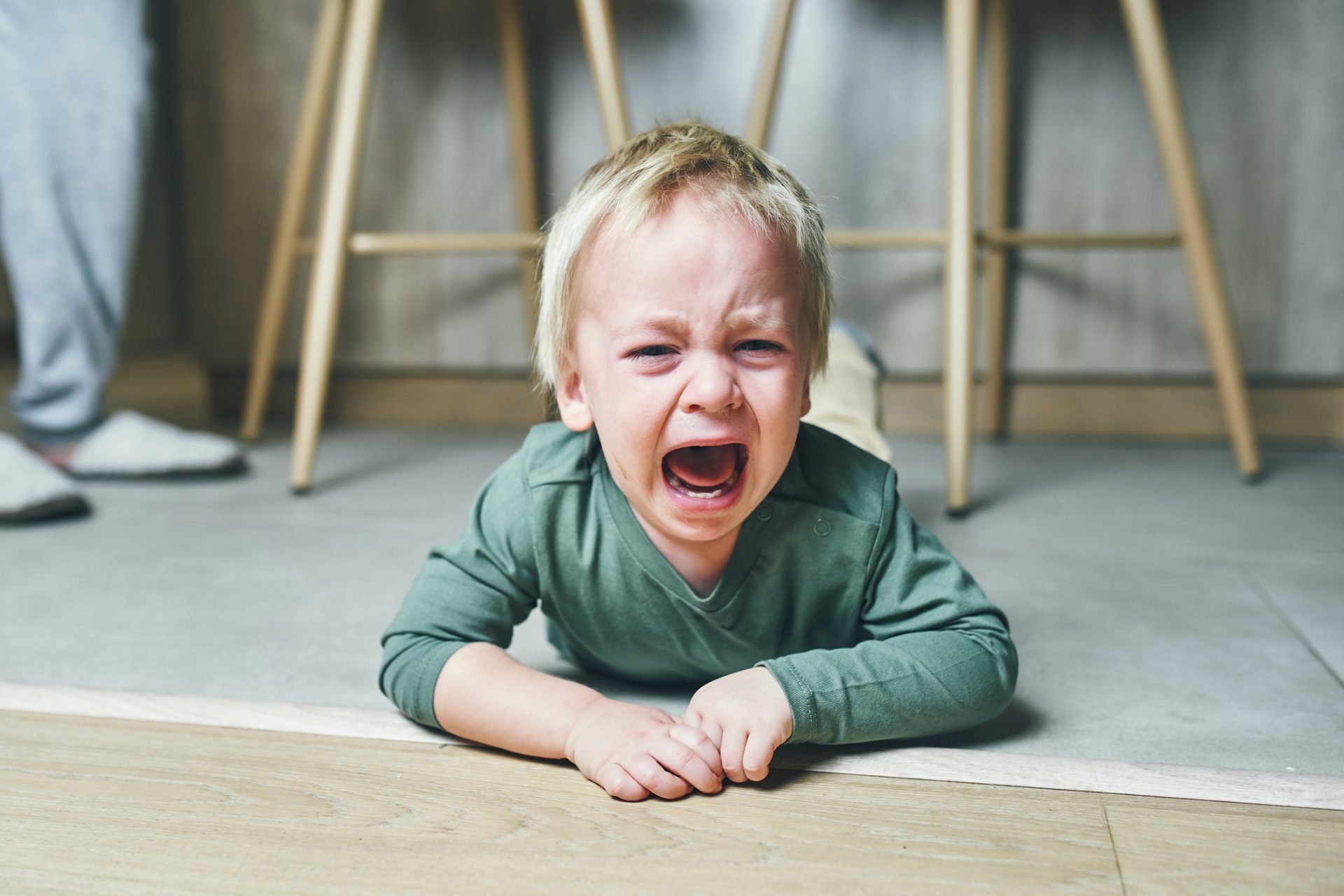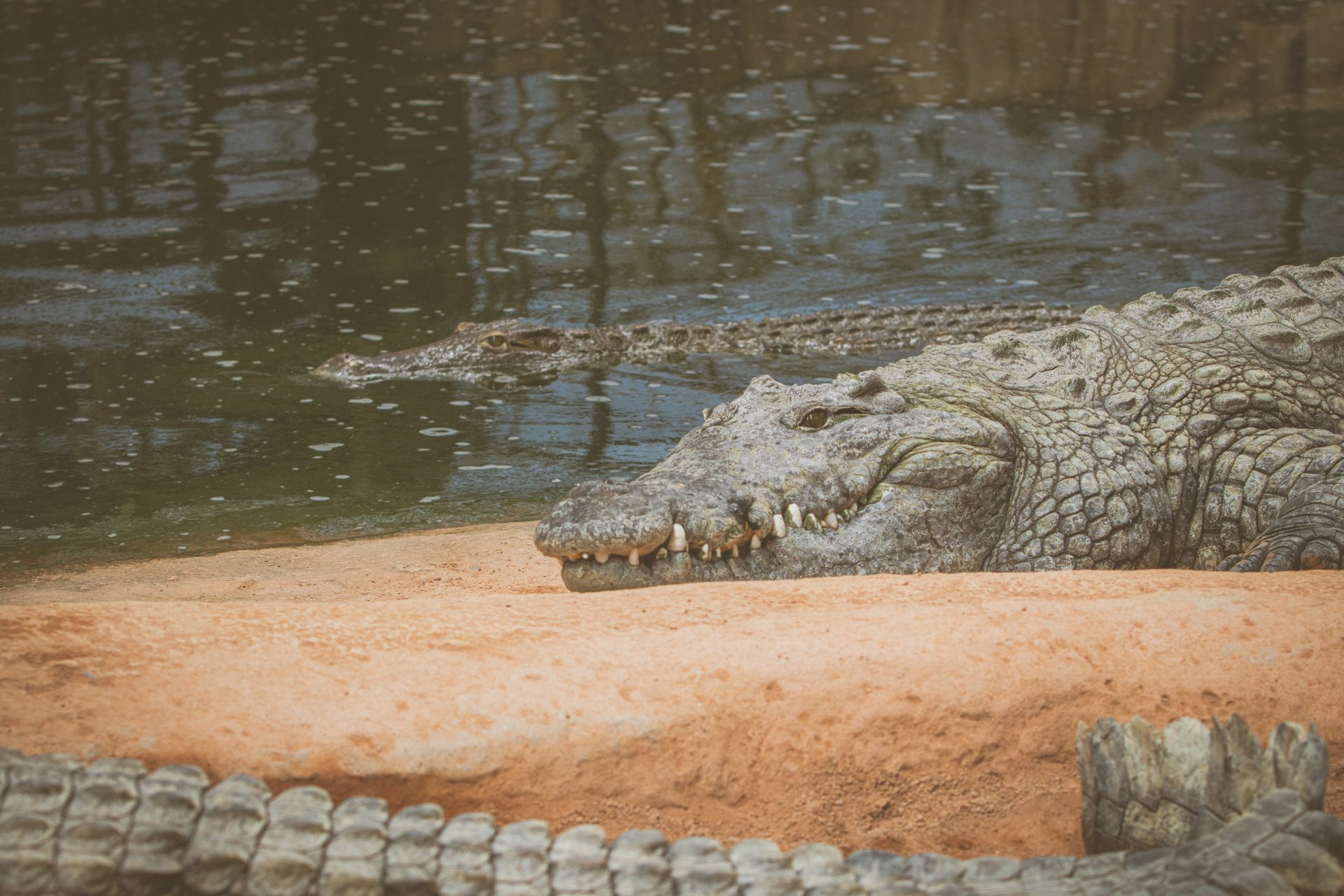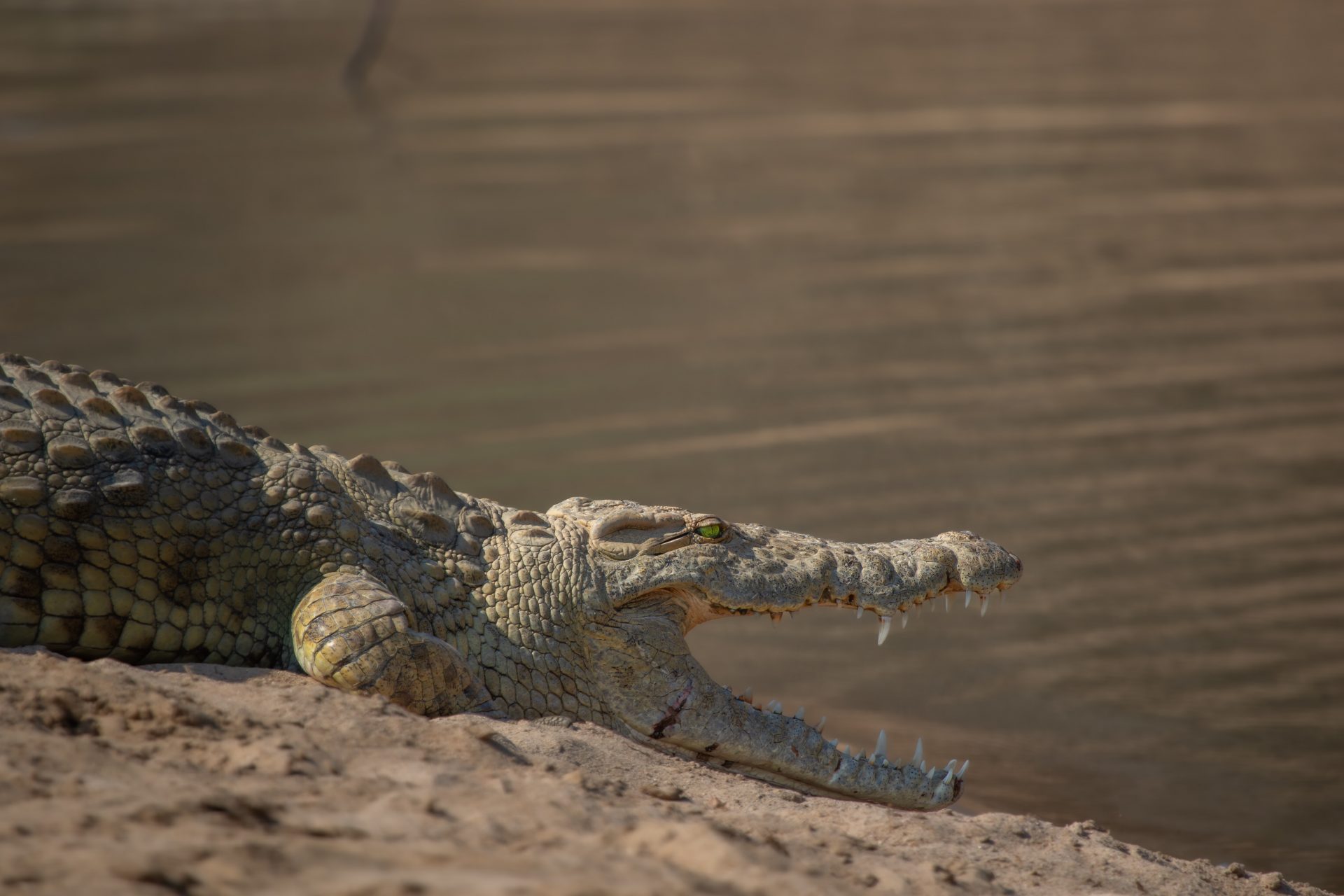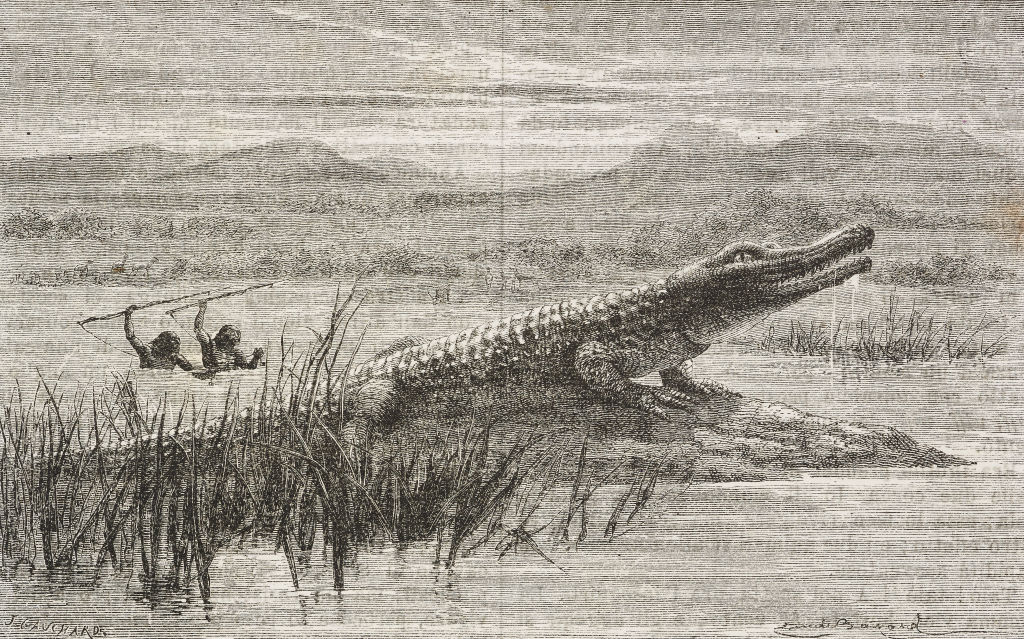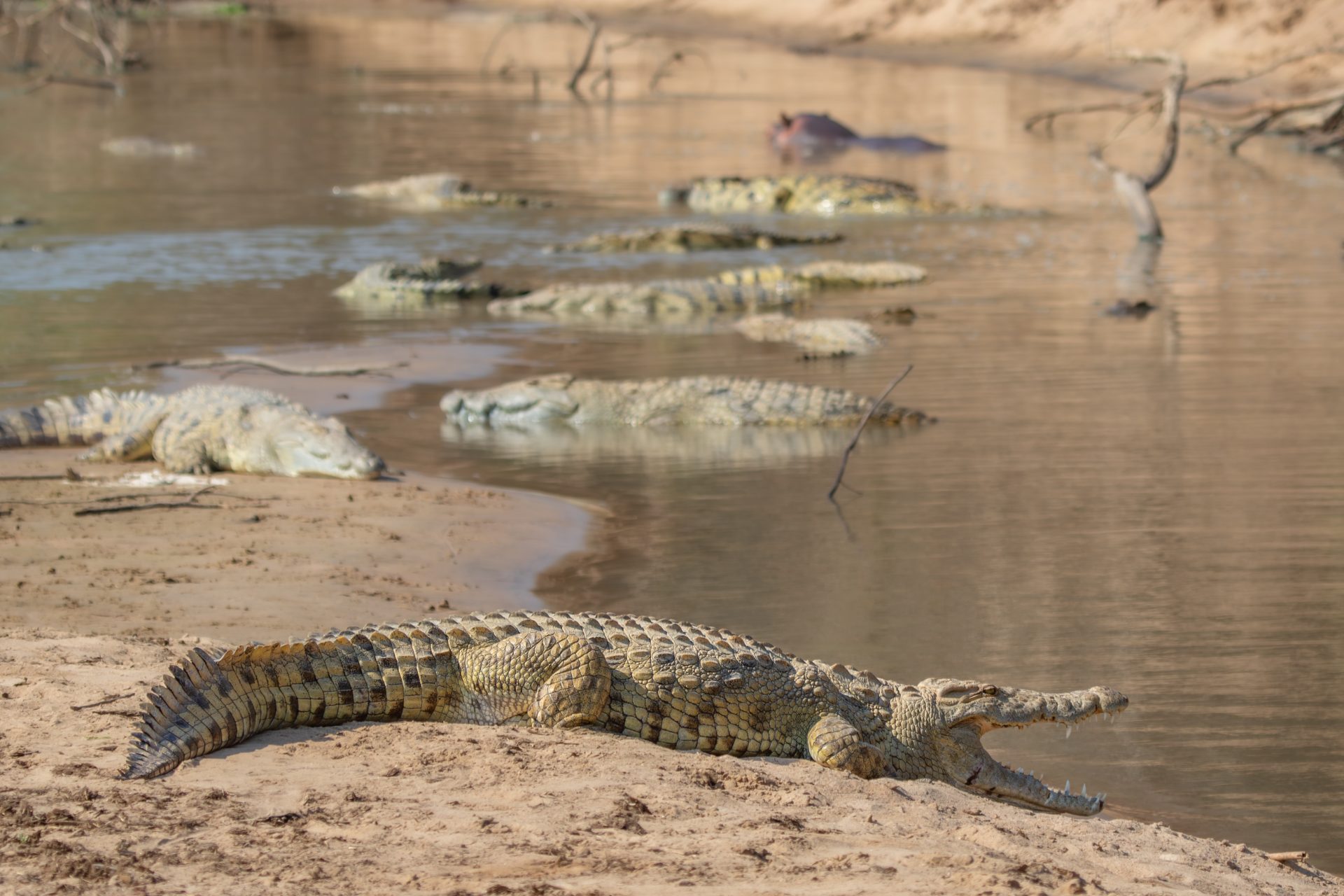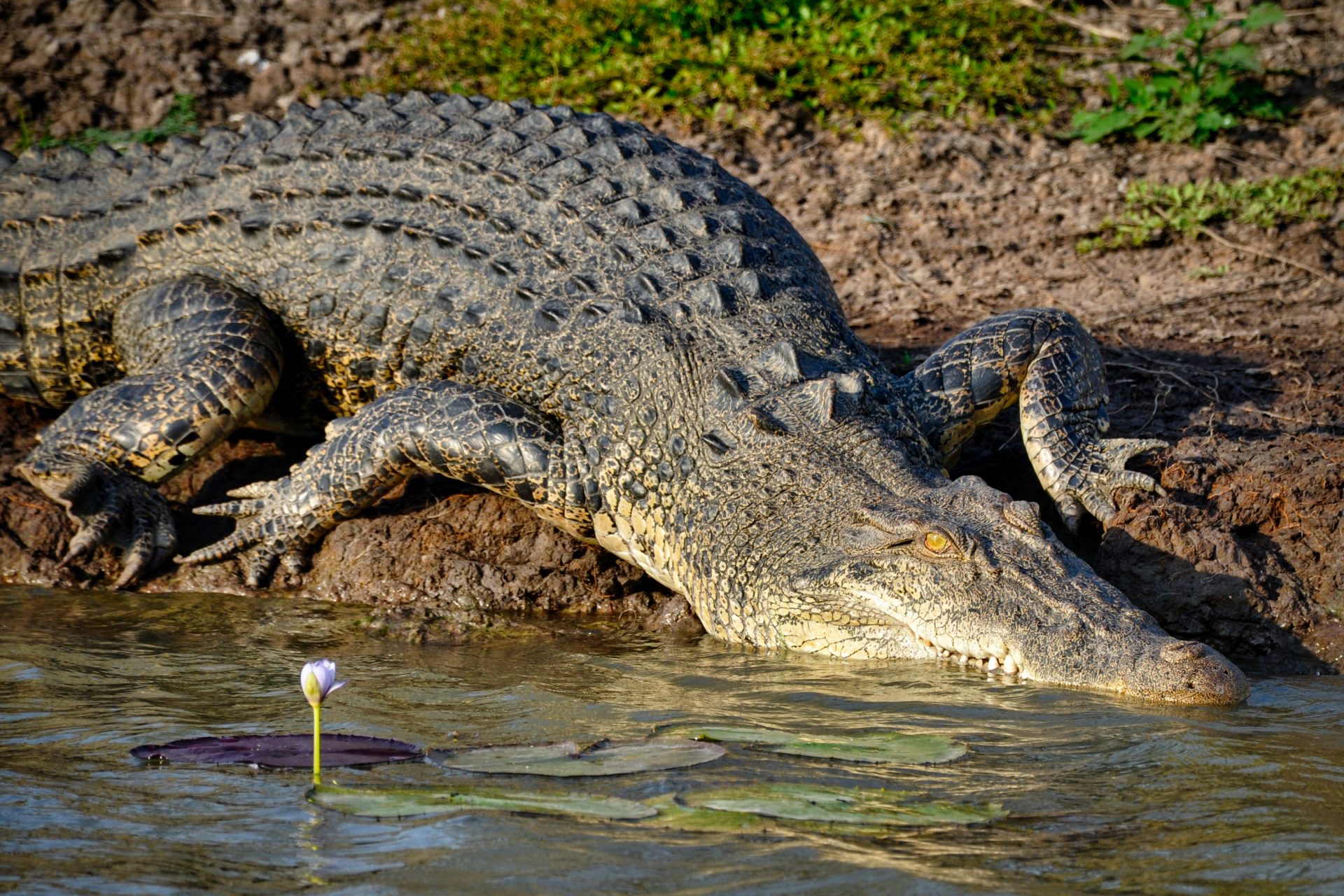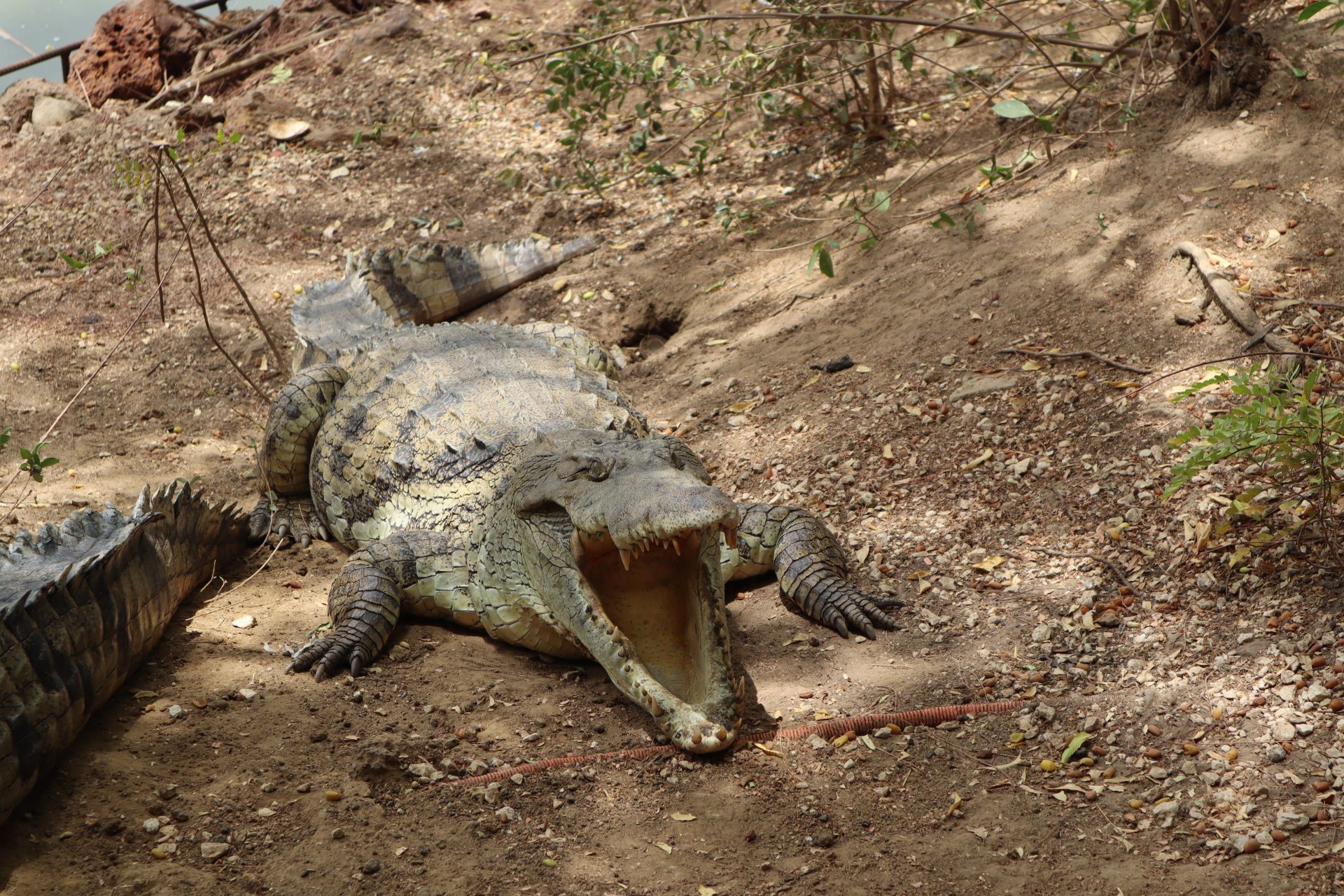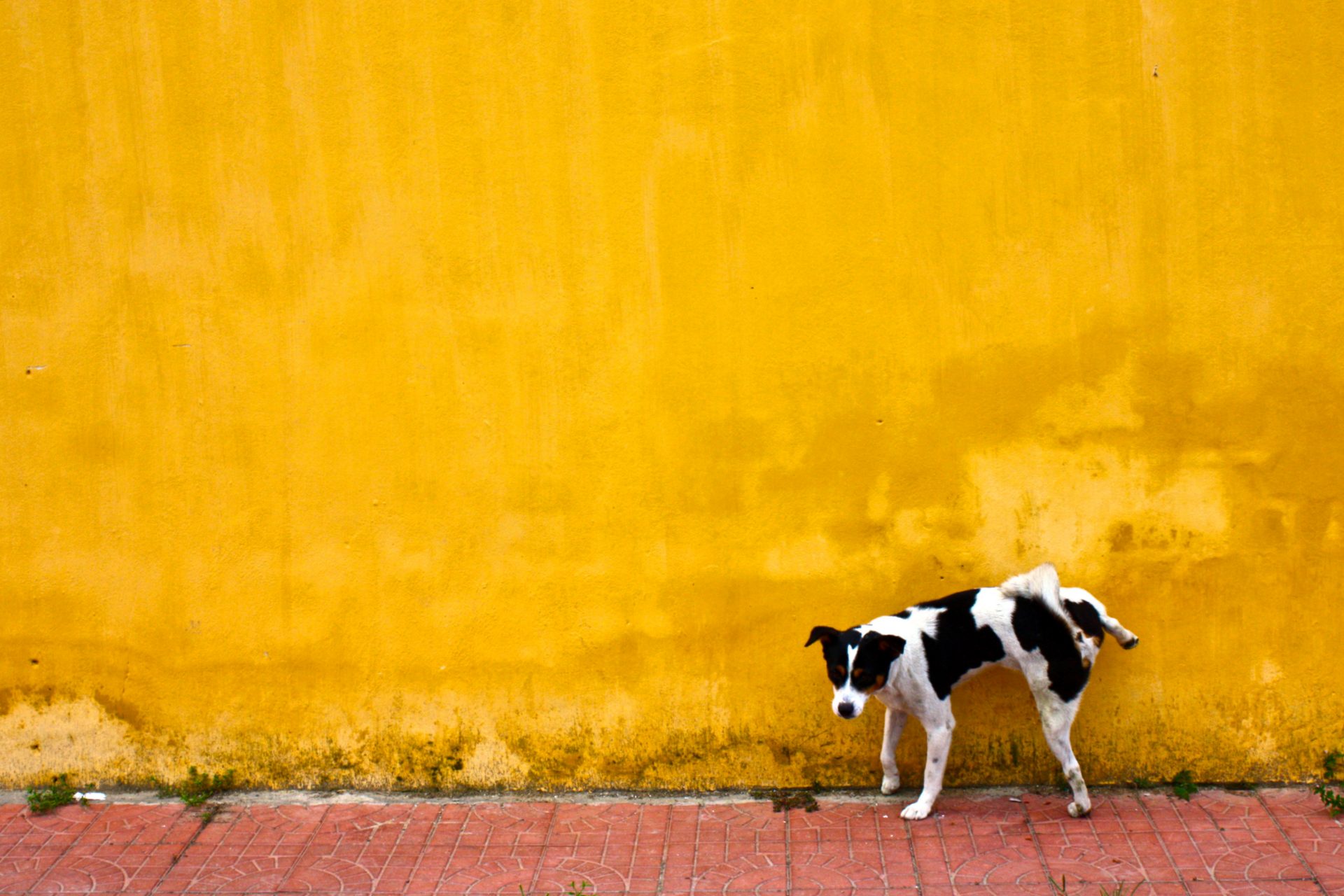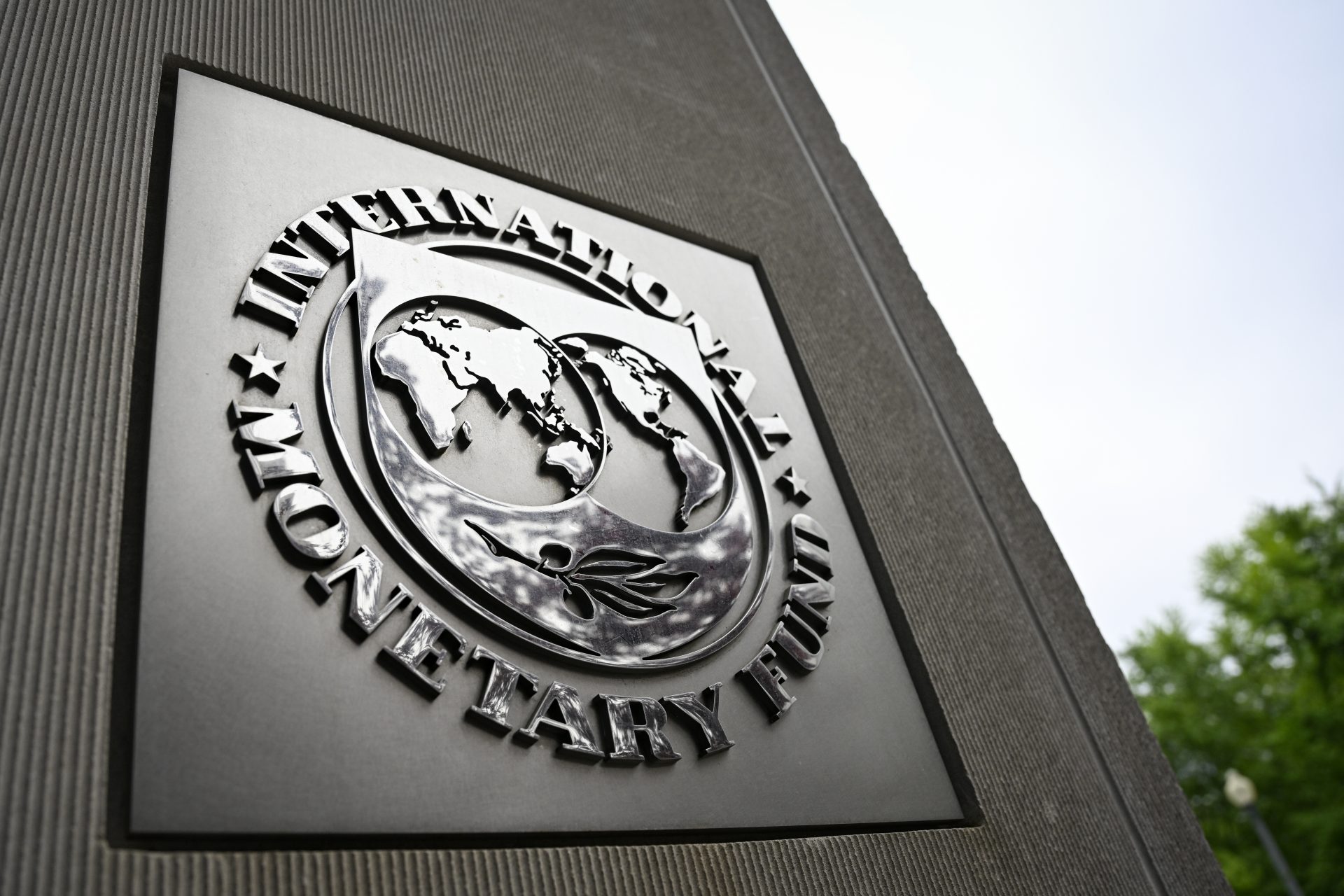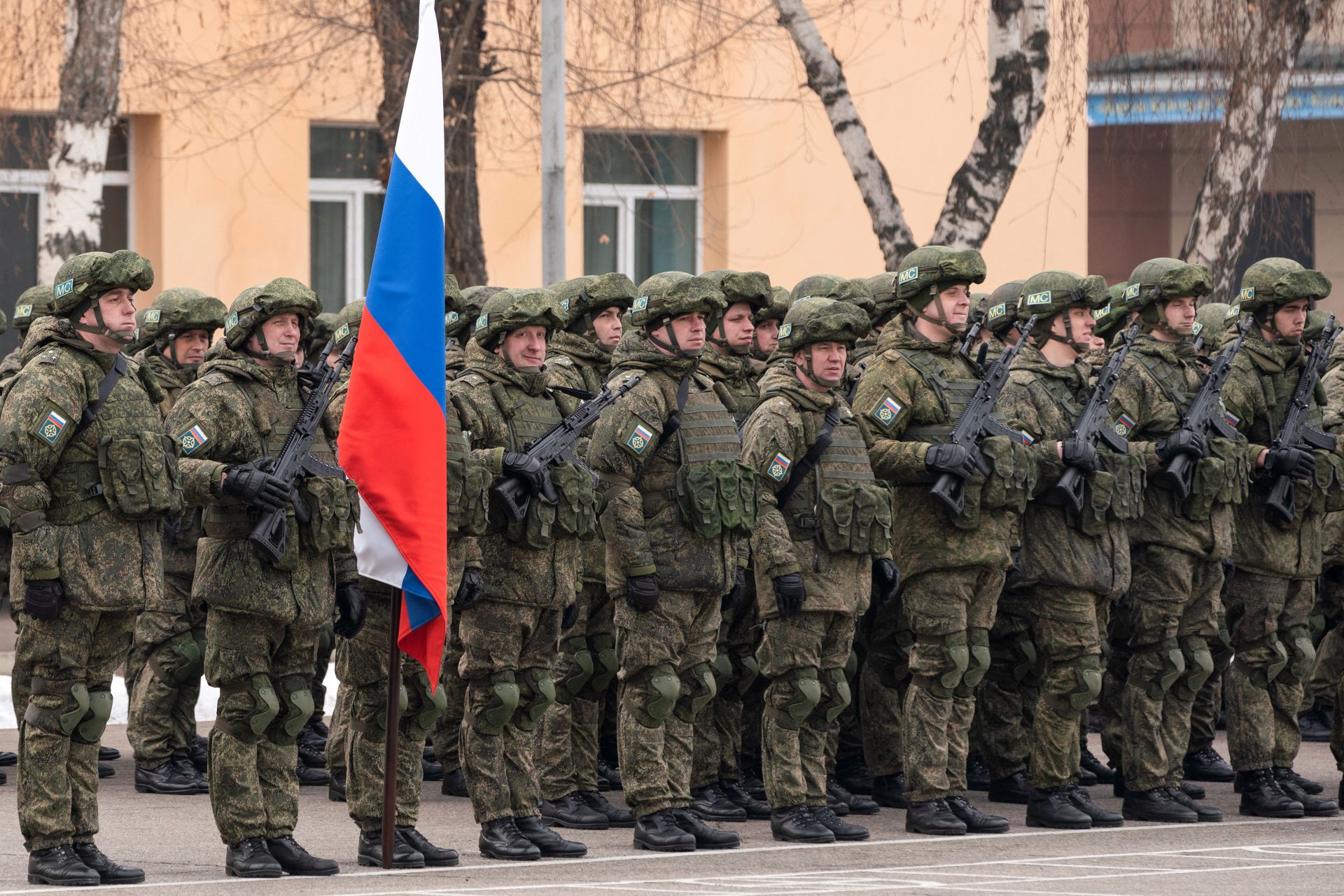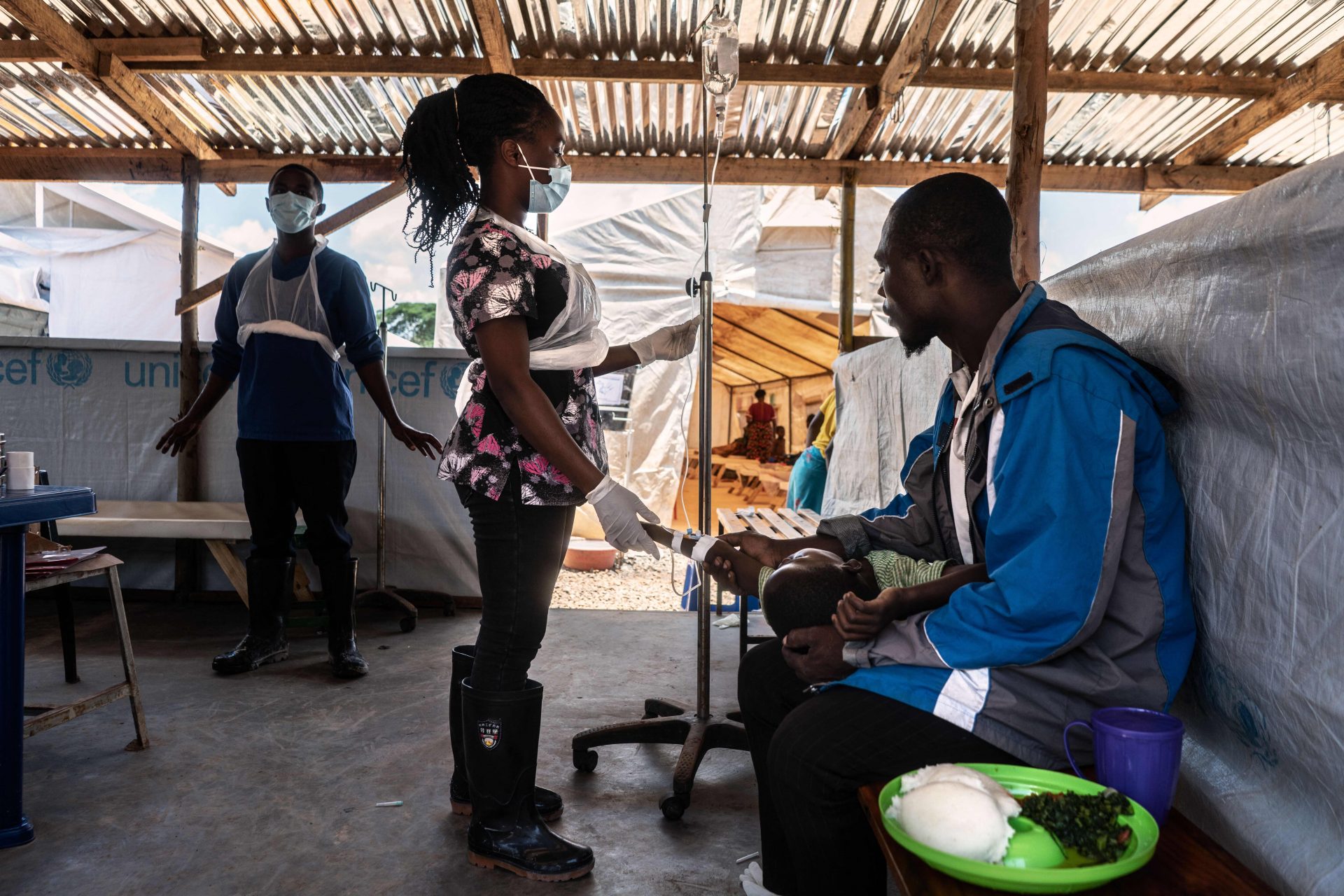This is why crocodiles react to children crying
When crocodiles hear human infants crying, they react quickly, research published in 2023 showed. Either because they recognize it as a cry for help or because it sounds like an easy dinner alarm…
The study, published in ‘Proceedings of the Royal Society B: Biological Sciences’, showed that human infants’ cries can trigger a predatory response from the hungry reptiles.
Photo: Michelle Van der Hoek/Unsplash
The researchers then ventured to CrocoParc in Morocco, an outdoor facility with more than 300 Nile crocodiles and played the recordings on speakers, ‘Science’ reported.
Photo: Fred Pet/Unsplash
“The Nile crocodile was indeed an abundant species in the African cradle where the human lineage developed,” the authors write.
Still, it’s possible that some of the crocodiles were acting out of parental concern, rather than blood lust, the researchers told ‘Science’.
Notably, one croc, presumably a female, after heading to the speaker from which infant cries were emanating, suddenly turned around and faced others who had responded, similar to the way a mother would respond when protecting her young, the researchers noted.
Photo: Enzo Gannerie/Unsplash
More for you
Top Stories



